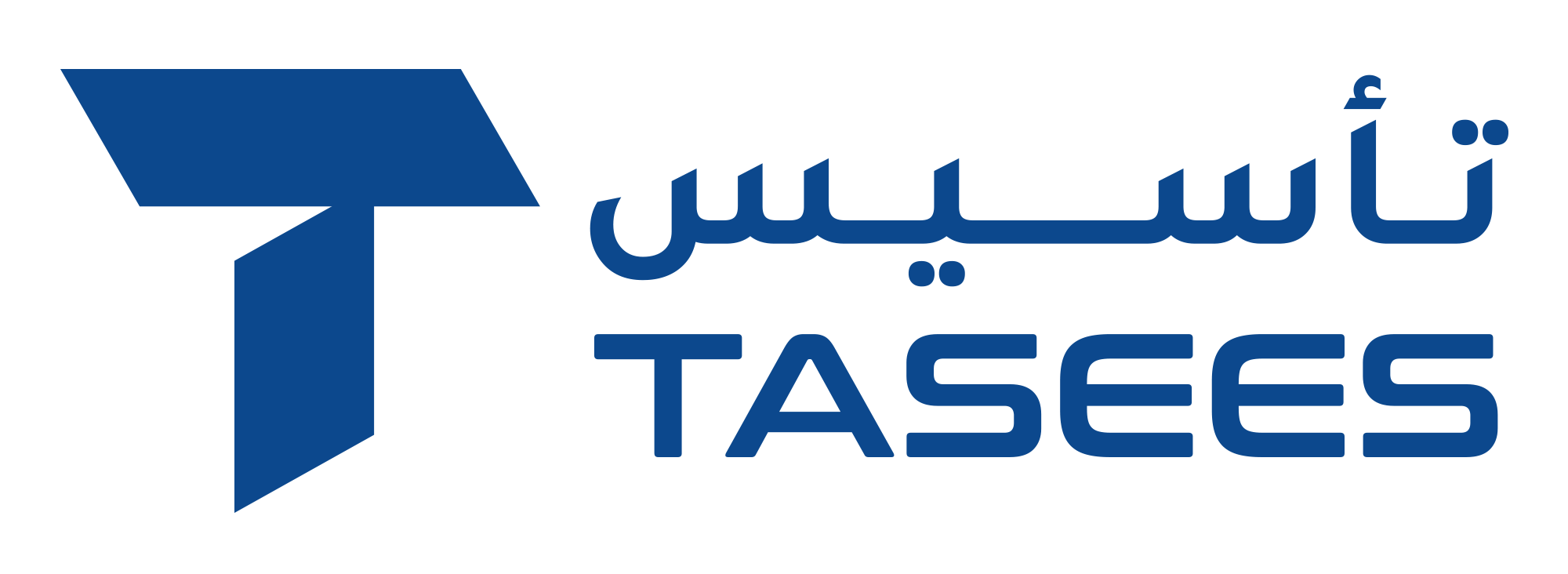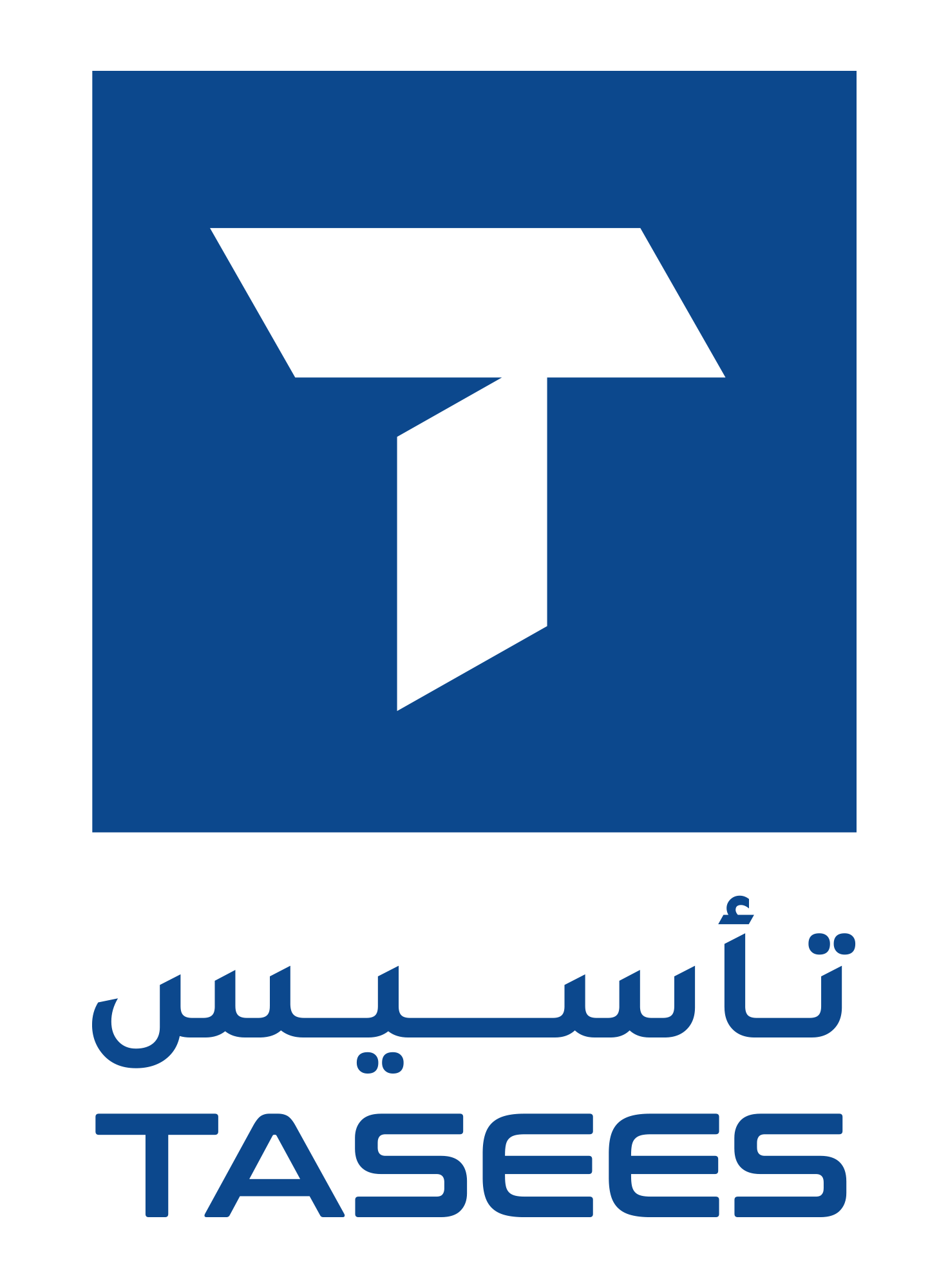Interviews are a vital and critical part of the hiring process, responsible for tracking and attracting top talented and highly skilled employees to fill vacancies within the organization. The outcomes of recruitment interviews directly impact the performance of the organization, determining whether your company will grow in the coming years or end up getting back to square one.
This article is geared towards small business owners and hiring managers who are looking to enhance their recruitment process to ensure the quality and efficiency in the work environment.

In this article, you will read more about

اقرأ في هذا المقال:
Although the recruitment process is a dynamic procedure, its elements vary from company to company depending on the policy, goals and size of each facility, there are common general steps that any company can follow to attract and recruit qualified candidates, these steps can be summarized as follows:
The job description is one of the most crucial recruitment elements, outlining the duties and responsibilities related to the position, along with the necessary skills and qualifications.
The next step is to advertise the vacant position, by publishing it on job recruitment websites, social media accounts, and the company’s website, and encouraging company employees to share the ad on their own personal networks such as LinkedIn to attract candidates relevant to the job title.
This process involves evaluating candidates after their applications flow and reviewing their resumes. It can be carried out by the company’s HR manager to narrow down potential options, or by using applicant tracking system (ATS) to filter candidates Based on the criteria set by the company.
After filtering the pool of applicants for the job and settling on a certain number with the required initial specifications, a phone interview is conducted with each candidate. These interviews serve as a preliminary screening and typically last around 15 to 30 minutes. The phone interview questions should be as standardized as possible.
In this step, selected candidates undergo in-person interviews to evaluate their skills, experiences, compatibility with the company’s culture, and their ability to work with the team. These interviews are more in-depth and should involve more than one person such as (HR officers – Managers responsible for management) to gain a broader understanding of the candidates’ suitability for the position.
This step is crucial in the recruitment process, where the personal and professional references of the selected candidates are verified. This examination aims to ensure that the candidate is legally qualified for the position, and to verify the accuracy of the information they have provided.
After reviewing and analyzing all the information you need from applicants for the job. The final decision is made about the most suitable among these candidates, the new employee is determined after consulting all the interlocutors in the interview to ensure that an objective decision is made without any biases or discrimination.
This step can make a big difference and contribute to the success of the new employee within your company and properly invest his potential. By integrating him with the old employees and providing him with all the necessary training and materials, it ensures not only the employee’s success but also assists him improve retention.
The interview is one of the most important steps in the recruitment process, if not the most important. It is the first opportunity to get to know the candidate closely and assess their qualifications and skills in some detail. However, many companies do not pay enough attention to improving the interview experience, which leads to the loss of talent attraction and irreplaceable opportunities to get the perfect employee for the job.
Personal interviews directly affect the quality of work, so their role should not be limited to evaluating and selecting job candidates, but mainly aimed at attracting talented human elements to become brand ambassadors in order to contribute to the development of business strategies within the company and retain them for as long as possible.
In terms of numbers, there are statistics which reveal that 46% of new employees will fail within 18 months, while only 19% will be successful within the company. This illustrates the responsibility that lies with interviewers to provide all the necessary means to improve the interview experience and ensure that the right candidate is chosen from the small percentage who will succeed.
The interview experience has a significant impact on the talent’s decision to join your company. According to a study conducted by LinkedIn in 2015, 77% of potential job candidates confirmed that the interview experience was a major factor in their acceptance or rejection of the job offer.
Interviews serve as a window through which candidates get an overall view of your organization. 87% of individuals applying for jobs have stated that their opinion about the job or company that they were skeptical about changed after having a positive and effective job interview experience.
Under this heading, we’ll look at professional guidelines that help companies and HR departments improve their hiring process & interviews to serve all their short- and long-term career goals.
Here are some tips:
Leaving a positive impression inside every job candidate is not easy, but with a few simple actions, you can make the interview an unforgettable experience. as a recruitment manager in the company you can do this by:
Structured interviews are a type of interview in which the same predetermined questions are asked to all candidates in the same order and manner, and they are evaluated using standardized criteria and metrics. Structured interviews are employed to enhance the recruitment process and reduce potential biases of interviewers, making it more fair and objective. This gives all candidates an equal opportunity to showcase their talents and experience, and it helps the organization to make the best decision based on the specific criteria that are based on merit and competence.
Utilizing an interview panel is an effective way to enhance the recruitment process and make more accurate and objective decisions. Having a team of interviewers helps diversify opinions about the candidate’s suitability for the role and reduces unconscious biases that might lead people to choose team members who resemble them.
Best practices recommend having at least 3 people on the interview panel to avoid decision-making deadlocks.
It’s crucial to highlight key moments and responses that impressed interviewers during candidate interviews to facilitate decision-making. Documenting these instances can help you understand what makes a candidate stand out and why they should be chosen for the position. By tracking the candidates’ answers, you can determine whether the candidate has the skills to grow and succeed in the job. It’s also important to ensure that the documented key moments are not based on personal biases.
In conclusion, improving the personal interview experience is a wise investment for any company aiming to strengthen its team and enhance performance. The interview doesn’t only help attract the best talent for the job but also boosts the company’s reputation as an organization that values and cares for its employees. Thus, enhancing the personal interview experience significantly contributes to building a positive relationship between the company and its employees from the outset, leading to great achievements in the future.
Several mistakes can occur during a job interview that can negatively impact the process and leave a negative impression on candidates, thereby reducing the company’s chances of attracting suitable talent for its positions. Here are some of these mistakes to avoid as much as possible:

